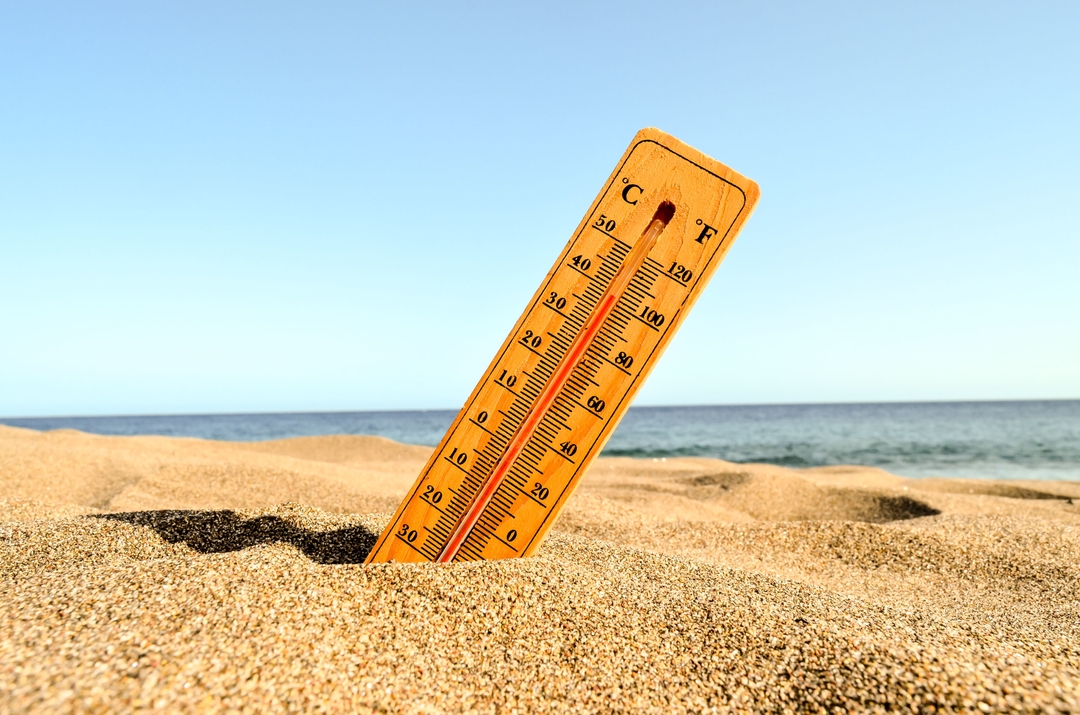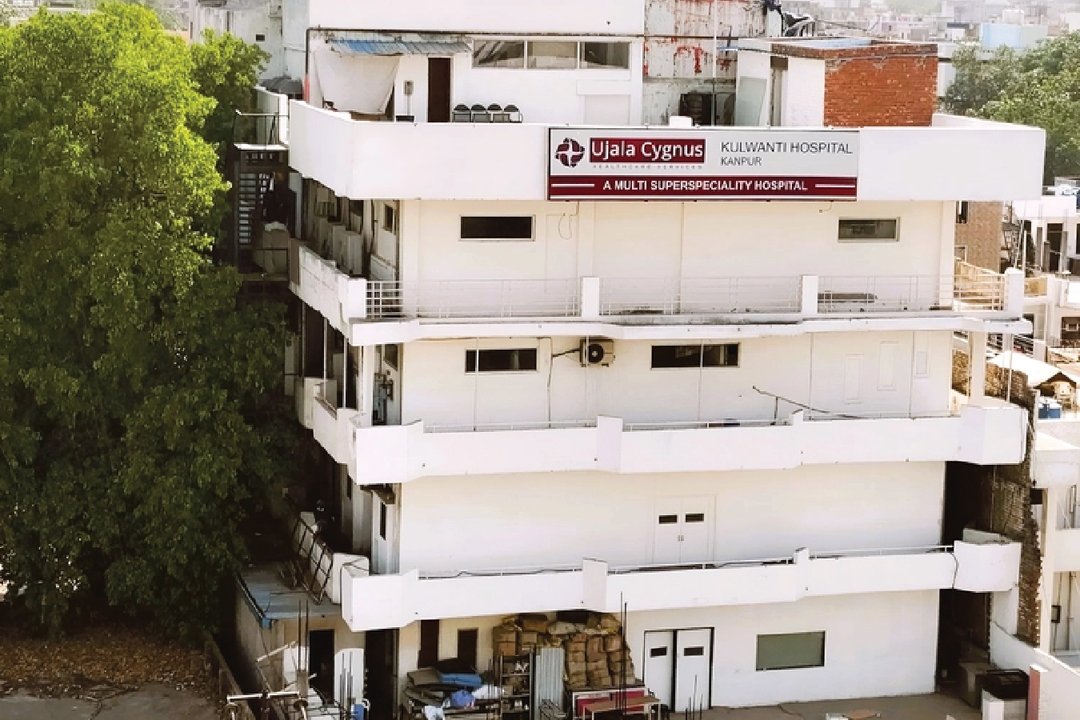
What is Renal Dysfunction
By Ujala Cygnus
Reviewed by : Jalaz Jain
January 11, 2023
Overview
The kidneys don’t function as they should be functioning due to a chronic condition called renal dysfunction. Dangerous levels of wastes may build up in the body when the kidneys lose their filtering capacity, and the blood’s chemical composition may become out of balance.
It is a typical condition that is frequently linked to aging. Although it can affect anyone, certain regions experience this more. Although it is uncommon, renal dysfunction can worsen over time to the point where the kidneys stop functioning altogether. Renal dysfunction is a condition that many people with the condition can live long lives with.
Types
Causes
When kidney function is compromised by a disease or condition, kidney disease develops. Over the course of several months or years, it gets worse.
Here are a few conditions that can cause kidney diseases:
Symptoms
In the early stages of kidney disease, there are typically no symptoms. It can only be identified if you undergo a blood or urine test. Most of the time when patients do these two tests for other reasons they find out that they may have kidney issues.
Symptoms at a later stage may include:
Diagnosis
Treatment
A hospital stay is often necessary for acute kidney treatment. The cause of your acute kidney failure and the speed at which your kidneys recover will determine how long you’ll need to stay in the hospital.
Here are a few treatment methods:
Prevention
Loading...









